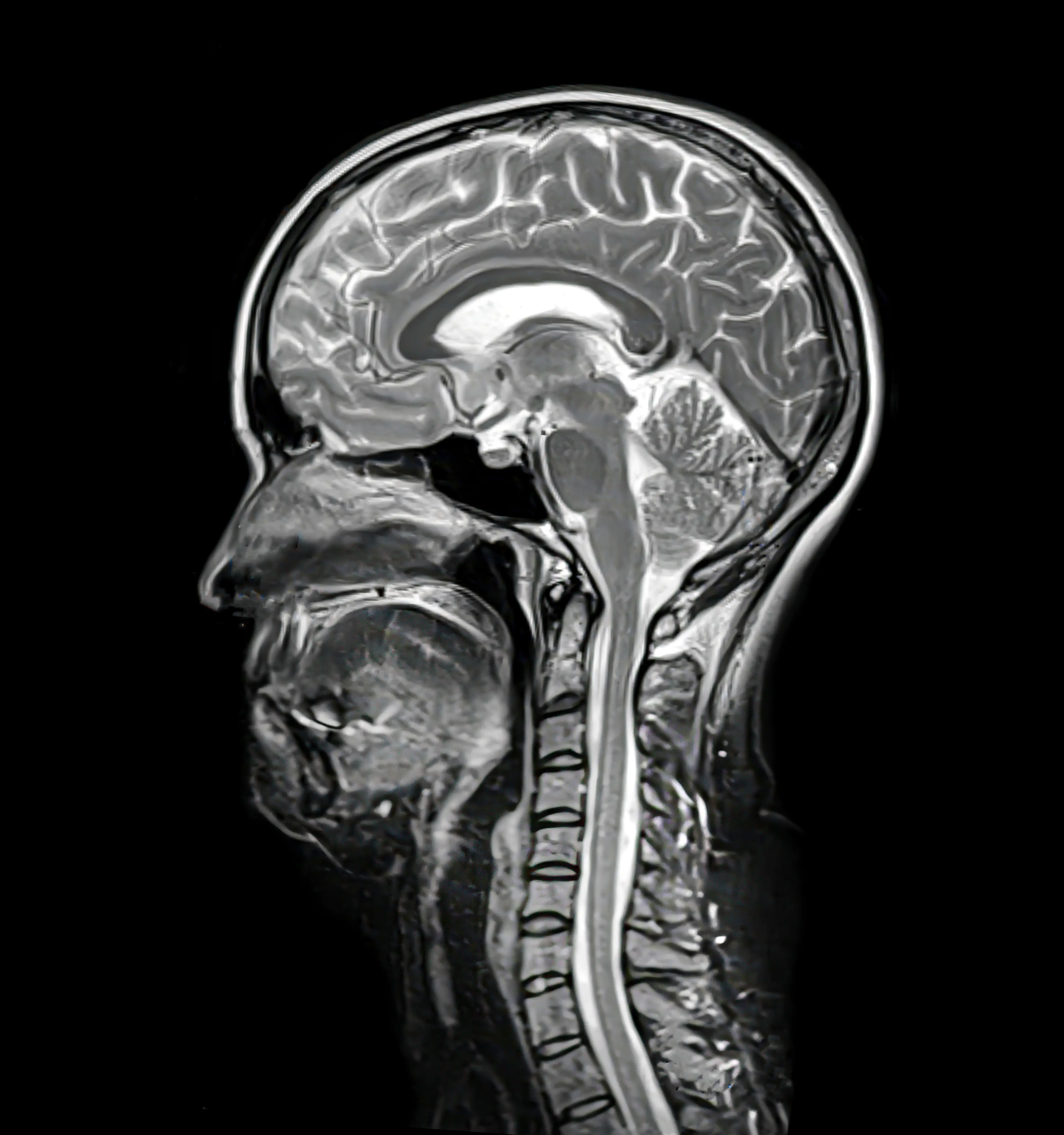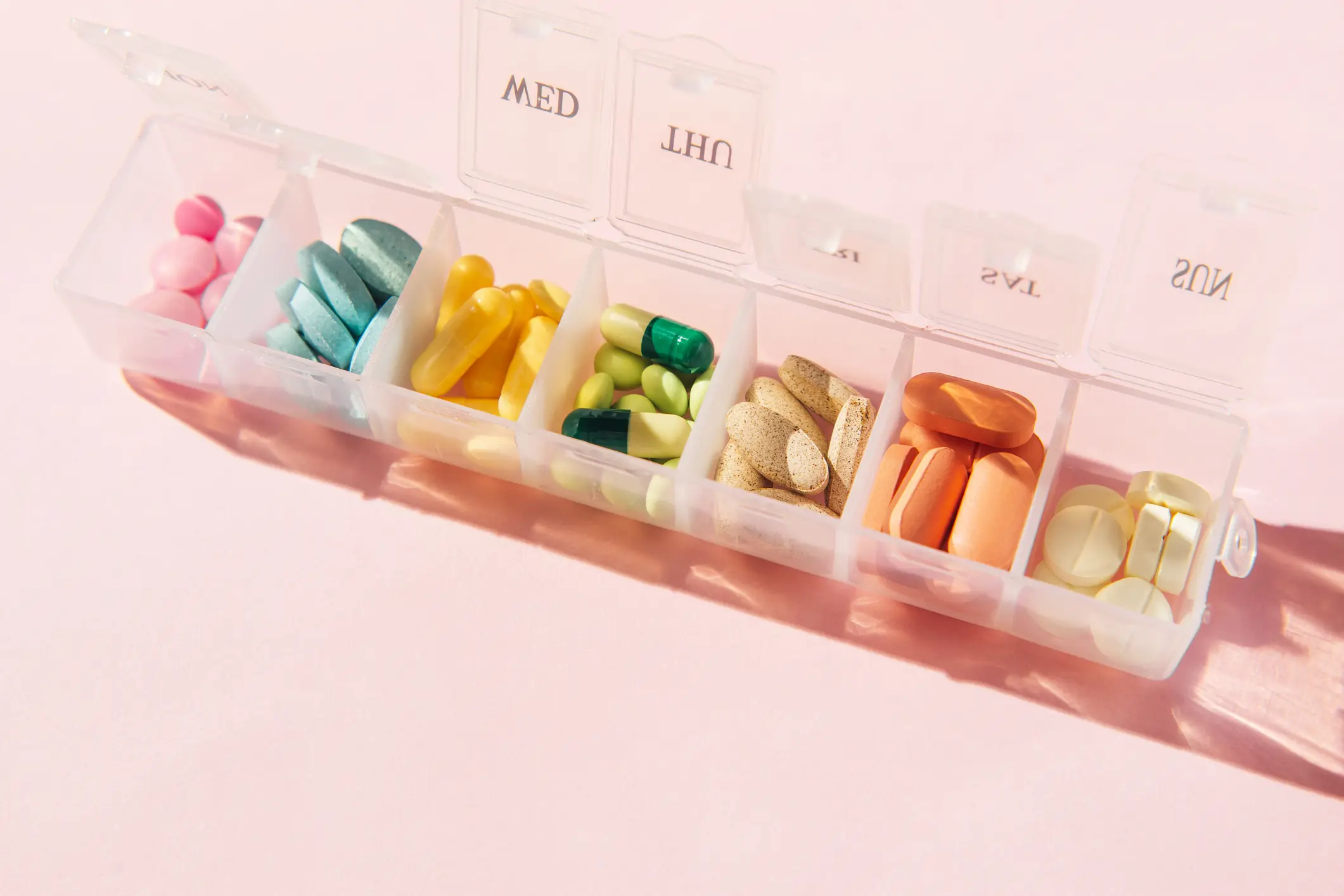
A neurologist has issued a stark warning to anyone taking three specific supplements, as overdosing on them can do serious damage to your health.
Supplements are becoming more and more popular and according to the BBC, over 74% of Americans and two-thirds of Brits have turned to the tablets in an effort to improve their health.
However, if you are turning to them, it's important to make sure you know your stuff, especially the correct dosage.
For example, this year one American woman was left ‘one step from liver failure’ after taking too many turmeric pills.
Advert
TikToker and neurologist Doctor Baibing Chen - known online as Dr Bing - has issued a warned against taking 'too much' of three supplements in particular. The expert has outlined exactly what could happen if you ignore the dosage limits, with some of the more serious symptoms affecting your brain and even your nervous system.

Vitamin D
The first supplement Dr Bing has warned against is Vitamin D, which helps regulate the amount of calcium and phosphate in the body.
As per the NHS, these nutrients are needed to keep bones, teeth and muscles healthy. It's actually advised by the UK Government that everyone should be taking Vitamin D supplements during the autumn and winter.
However, the issue comes in when you take too much. The recommended amount for children aged one year and above and adults is 10 micrograms (mcg) a day. Meanwhile, babies up to the age of one year need 8.5 to 10 micrograms of vitamin D a day.
Dr Bing warned: "Taking too high doses of vitamin D can cause calcium to build up in your blood, which can affect the brain, leading to things like confusion, fatigue, depression, and sometimes even psychosis.
"So while these vitamins and minerals are essential for our bodies to function, moderation is key, like almost everything else in life, and more is not always better."
As per Mayo Clinic, a buildup of calcium in the blood is called hypercalcemia - and it has some pretty nasty symptoms. Hypercalcemia can lead to upset stomach and vomiting, weakness, and frequent urination, as well as bone pain and kidney troubles such as kidney stones.

Vitamin A
The second supplement to be wary of is Vitamin A, which is more commonly known as retinol. Vitamin A helps your immune system work properly, helps your vision in dim light and keeps your skin and the lining of some other parts of the body, such as the nose, healthy.
The NHS outlines that the total vitamin A content of a food is usually expressed as micrograms (µg) of retinol equivalents (RE). And the amount of vitamin A adults aged 19 to 64 need is700 µg a day for men and 600 µg a day for women.
Dr Bing warned: "Vitamin A is fat soluble, which means that it stores in your liver and it can accumulate over time.
"Too much of this can lead to a condition called pseudotumor cerebri, which is increased pressure in the brain that mimics a brain tumour, causing headaches, blurred vision and even permanent vision loss."
And the NHS warns that that having more than an average of 1.5 mg (1,500 µg) a day of vitamin A over many years may also affect your bones, making them more likely to fracture when you're older.

Zinc
Finally, Dr Bing explained that taking 'too much' zinc can interfere with copper absorption in the body. Zinc helps with making new cells and enzymes, processing carbohydrate, fat and protein in food and wound healing.
The doctor explained: "It's found in multivitamins, lozenges, and even some over-the-counter cold remedies.
"Now, zinc is essential for our bodies and can be found in multiple food sources. But the problem is when people take supplements daily for months, they can easily go over the safe limit.
"Copper is essential for your nervous system. And low copper levels can cause something called myeloneuropathy, which is damage to the spinal cord and your peripheral nerves, leading to things like numbness, tingling and trouble walking.
"And I've seen several cases of this where people come in with progressive weakness and sensory loss due to copper deficiency from long-term zinc overuse."
Too much zinc can also lead to can lead to anaemia and weakening of the bones.
As per the NHS, the correct amount is 9.5mg a day for men (aged 19 to 64 years) and 7mg a day for women.
Topics: Food and Drink, Health, Life, NHS, News